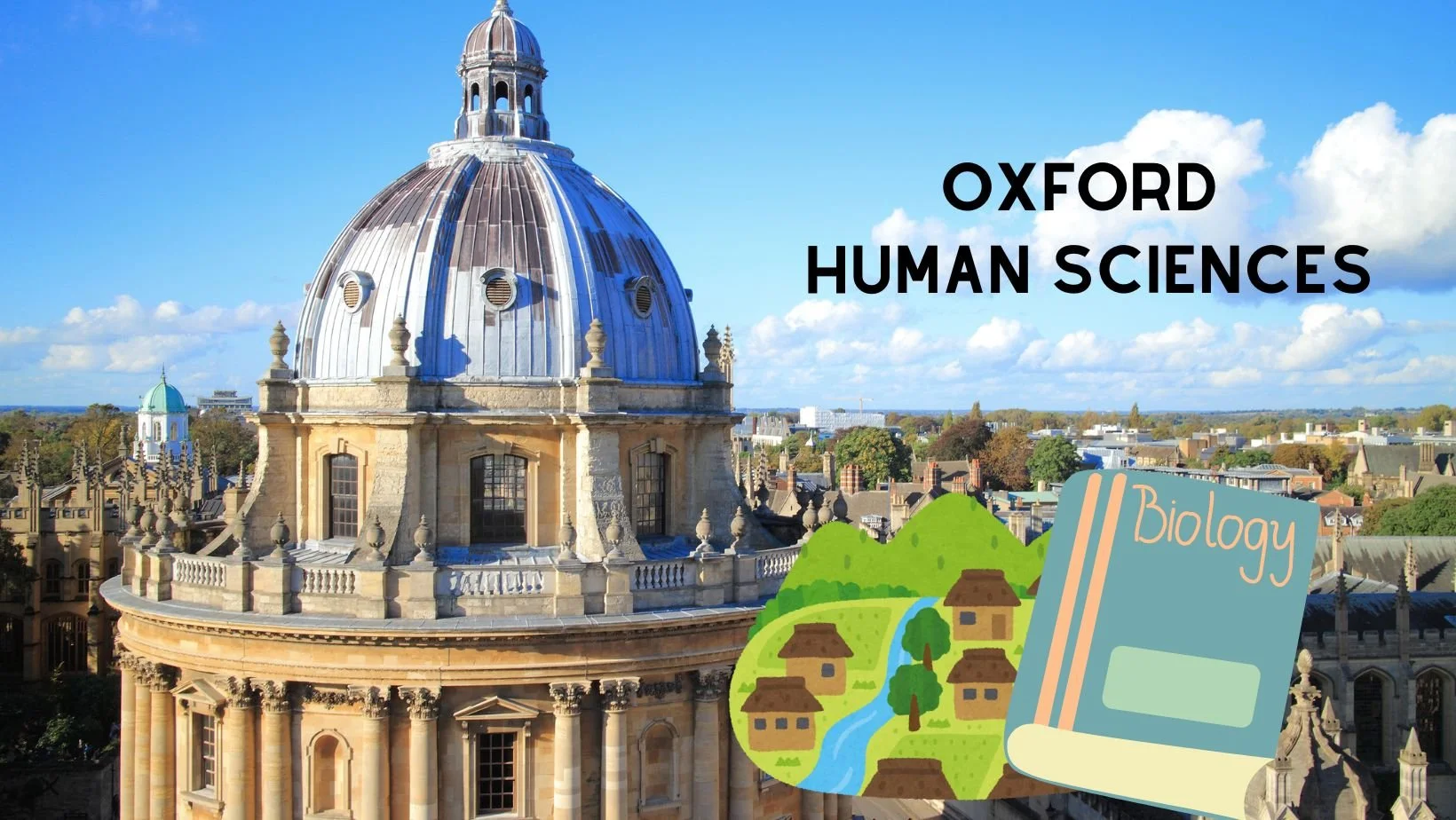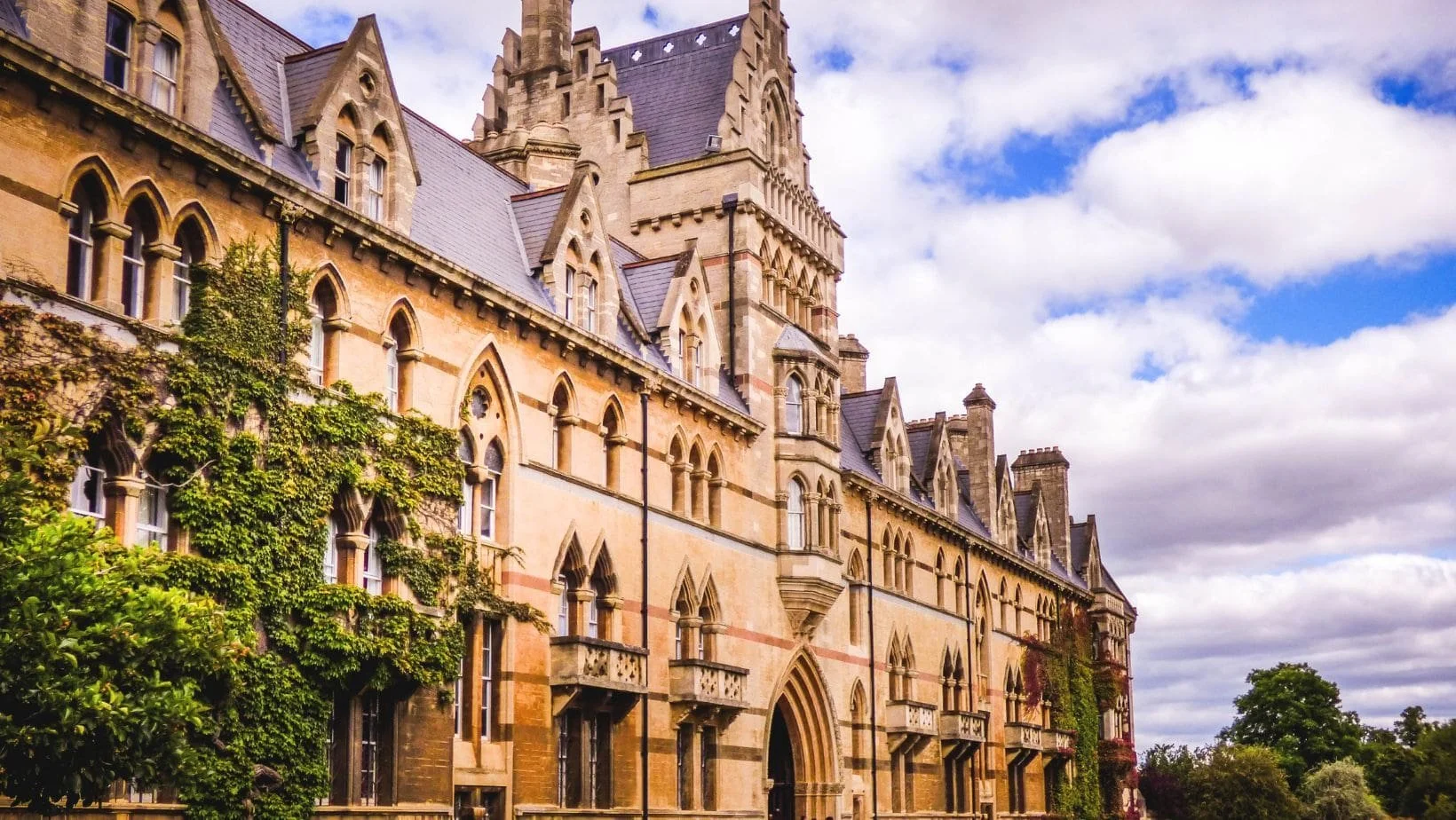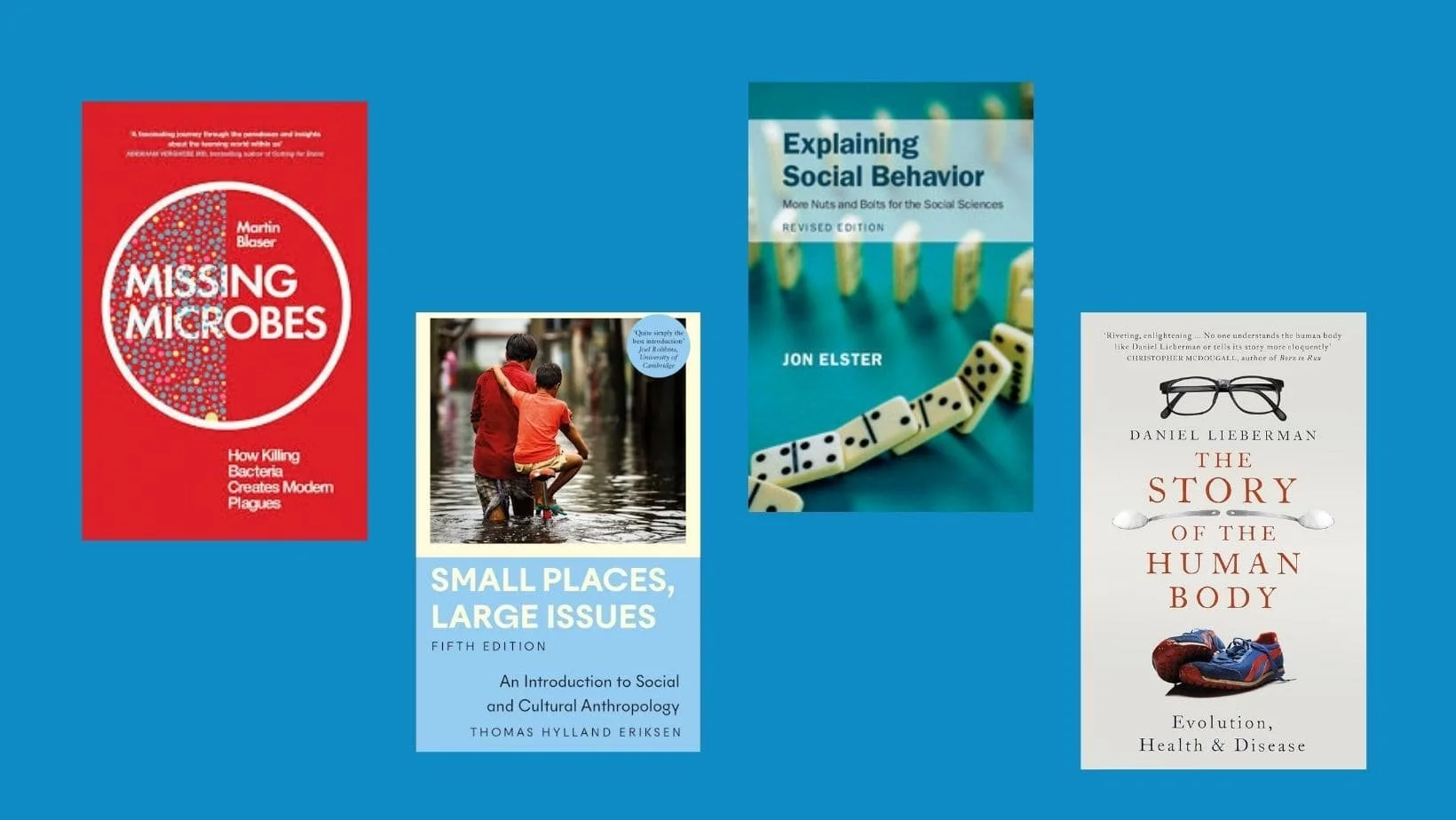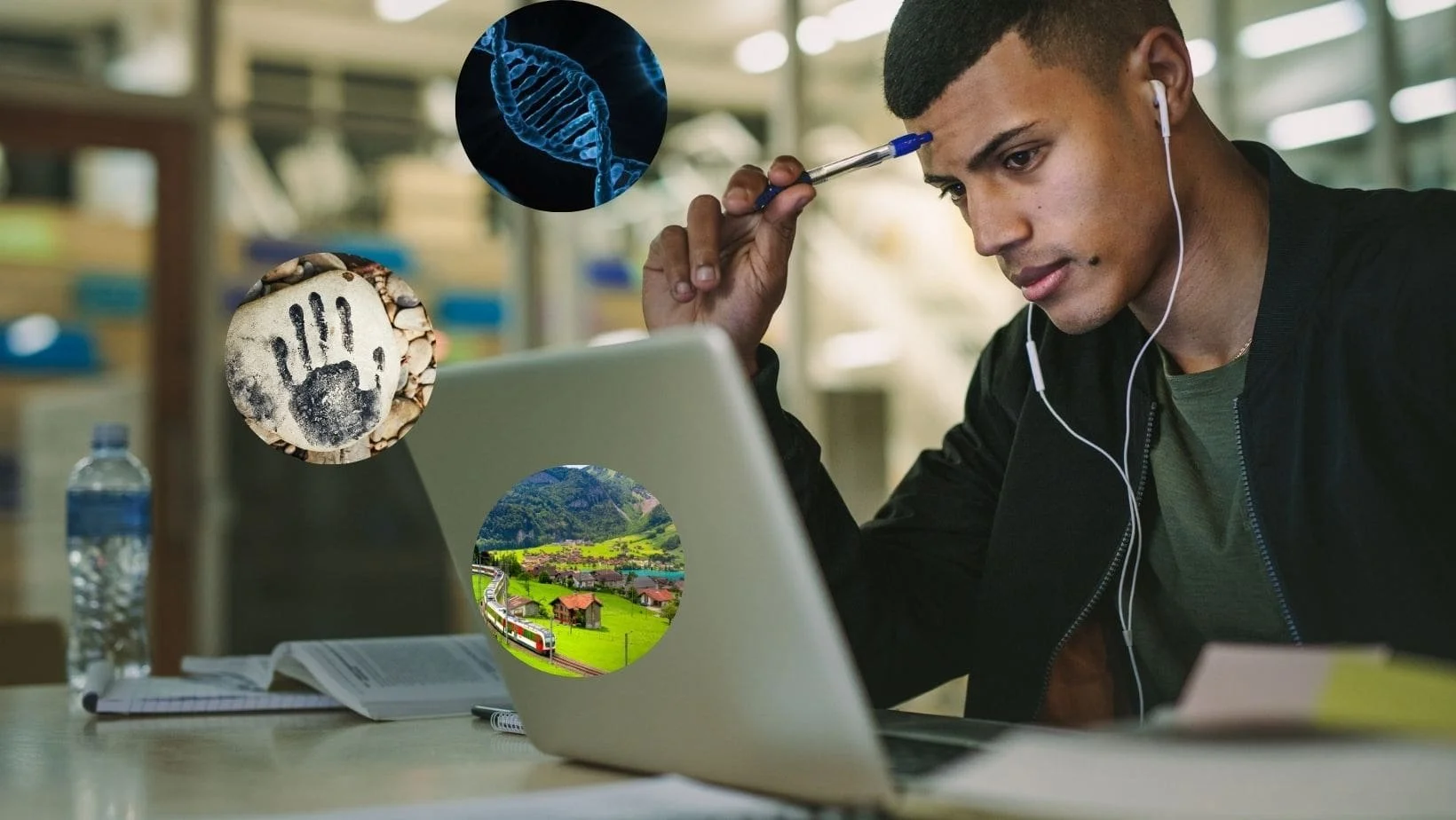How to Get Into Oxford Human Sciences: Expert Advice and Preparation Tips
The Oxford Human Sciences Course
The Oxford Human Sciences course covers a vast array of subjects and topics. It was founded in 1969 by specialists across a range of university departments who recognised the need for a more interdisciplinary approach to solve the global issues facing human societies, and this objective still sits at its heart. The Oxford Human Sciences course approaches the study of humans from a range of multiple, interdisciplinary perspectives from both the biological and social sciences.
Core topics include:
the evolution of humans and their behaviour
molecular and population genetics
population growth and ageing
ethnic and cultural diversity
In order to secure a place on the Oxford Human Sciences course, you’ll need to receive three AAA grades in your A Levels. Note, however, that none of these subjects needs to be a science. While the university suggests Biology and Maths as useful background for the course, you will not be penalised in your application for not studying them. You will also need to write a convincing Oxford Human Sciences Personal Statement showcasing your understanding of the breadth of the subject (and your own areas of interest within it!), take the Thinking Skills Assessment (TSA) and demonstrate your ability to engage with different aspects of the Oxford Human Sciences course in an Oxford Human Sciences interview.
This guide will explore all these aspects of the Oxford Human Sciences application process, offering advice on researching and writing an Oxford Human Sciences personal statement, as well as example Human Sciences Oxford Interview questions to make you feel confident and give it your best shot!
If you’d like advice for the TSA, please see our dedicated blog.
Looking for support with your Oxford Human Sciences Personal Statement?
A U2 Oxford Human Sciences tutor can help support you through the personal statement writing process, leading sessions on key Oxford Human Sciences topics to introduce you to the degree as well as directing your independent reading and research. All of U2’s Human Sciences tutors graduated from the Oxford Human Sciences course, so they know the course requirements and content in depth!
You may also want to work independently with an Oxford Human Sciences tutor to carry out an independent research project in an area of your own interest. You’ll be matched with a specialist tutor who leads you through Human Sciences course content, expanding your knowledge and giving you lots to talk about in your Oxford Human Sciences personal statement.
Preparing a Top Oxford Human Sciences Personal Statement
When writing your Oxford Human Sciences personal statement, it’s key you show an awareness of the breadth of what Human Sciences is, as well as an understanding of the benefits of taking this interdisciplinary approach. In order to gain a foundational understanding of the subject, you should spend lots of time at the start of the Oxford Human Sciences application process carrying out independent reading and research. This is especially important given that you won’t have studied Human Sciences before and even if you study relevant A Level subjects, they won’t give you a full understanding of the range and scope of Human Sciences.
Start with a broad understanding of human sciences. You could start your reading in line with first year topics of the Oxford Human Sciences course. This shows you have researched the course and also gives you a way to tackle foundational content before the interview.
Here are some suggestions
Physiology and genetics: Missing Microbes: How killing bacteria creates modern plagues by M. Blaser.
Society, Culture and Environment: Small Places, Large issues: An introduction to social and cultural anthropology by Eriksen, T. H
Sociology and Demography: Explaining Social Behaviour. More nuts and bolts for the social sciences by Jon Elster
Ecology and evolution: The Story of the Human Body: Evolution, health and disease by Lieberman, D
However, as Human Sciences is so vast, it’s okay and important for your personal statement to be slanted to either biological or social science according to your interests. In fact, it’s important you also show that you have carved out your own unique interests within the realm of Human Sciences. Tutors are looking for students who are really engaged with the subject; that means finding parts of it that most excite you! You could research climate change, the anthropology of witchcraft, or the impact of AI. Take time to explore new topics until you find ones that you will really enjoy writing about in your Oxford Human Sciences personal statement and potentially discussing in an Oxford Human Sciences interview.
Acing the Oxford Human Sciences Interview
You will likely have two Oxford Human Sciences interviews: one at the college you applied for, and another at a randomly selected college. Both these interviews are likely to take a similar format. Oxford Human Sciences interviews are normally around 30 minutes and the first part of the interview is spent discussing your personal statement and asking questions about your motivation for studying the Oxford Human Sciences course.
For this section of the interview, you should feel confident talking about your personal statement. Make sure you can justify or expand on your thoughts. This part of the interview is easiest to predict so it’s important you maximise your performance by strongly preparing for it. While you don’t want to give rehearsed, mechanical answers, you can reflect on the ways a tutor may interrogate your personal statement and brainstorm answers to these questions.
Equally, you should have a strong understanding of what the Oxford Human Sciences degree is and means. In order to answer the common question “Why do you want to study Human Sciences?”, it’s important you have come up with your own definition of the subject, and also that you show an understanding and appreciation of its interdisciplinary nature. The Oxford Human Sciences degree seeks the benefits of combining different approaches and making connections between different disciplines; this is something your answer should show an appreciation of. In order to do so, it might be helpful to think of an answer to the question:
What can each of the human science disciplines bring to one another and how do they intersect?
Eg. How can Anthropology inform bio-conservation? Why is it important to solving contemporary issues to study human evolution/early hominin fossils?
The second part of the interview will consist of broader questions, often centred around one topic, and some source analysis questions. Source analysis questions get you to comment on trends and propose explanations in order to demonstrate that you can quickly process and apply new information.
Some common interview topics it is worth dedicating some time to researching are:
· The demographic transition and basic knowledge about population (e.g. the “Baby Boom” and China’s One Child Policy)
· Basic evolutionary theory and a passing understanding of how organisms adapt – and have adapted – to their environment.
· Climate change and its implications for human populations.
· An awareness of major current events.
However, remember: the interview is not testing whether you have learned everything there is to know about Human Sciences (what would be the point of doing the degree!). Human Sciences is a vast degree; you can’t cover all the topics that might come up in your interview, and you shouldn’t see your reading as an exercise in pre-empting what will come up. It is forming a foundation of human sciences knowledge and principles that you will be able to helpfully apply to tackle the interview questions you are asked.
Your Oxford Human Sciences interviewers are testing your ability to process new information, solve problems and make connections. What’s really important is that you foreground a genuine interest and curiosity about what you’re discussing. Even if you don’t know the answer, show that you are curious to learn it!
We’ve curated a comprehensive Oxford Human Sciences Interview preparation guide with lots of further info about the interview experience, further reading to prepare your personal statement and for the interview and a bank of Human Sciences Oxford interview questions to allow you lots of opportunities to practise.
Sample Human Sciences Oxford Interview Questions
Some example questions include:
· What is the biggest threat facing humanity in the 21st Century?”
· “You find an undiscovered archaeological site somewhere in the world. What sort of things would you be looking for to find out more about the people that lived there?”
· “Why might it be a bad idea for a polar bear and a brown bear to mate?”
These questions are designed to test how you make connections across topics and subjects, a key part of the interdisciplinary course!
Be sure to verbalise your thought processes to the interviewer and don’t be afraid to ask questions.
Ultimately, the Oxford Human Sciences degree is designed for students who strongly care about the issues facing humans and human societies and who are passionate about understanding people in order to resolve societal issues. Your development of your own interests, your curiosity and your kindness will demonstrate that you are an ideal student for the Oxford Human Sciences course.
Looking for support with your Oxford Human Sciences Application?
There are a number of ways U2 can support you through your Oxford Human Sciences application. Our tutors, many of whom have studied the course at Oxford, can offer valuable guidance in a variety of areas to ensure you are fully prepared.
How we can help:
TSA Preparation: The Thinking Skills Assessment (TSA) is a crucial part of the Oxford Human Sciences application. U2 tutors provide tailored practice and comprehensive feedback to ensure you excel in the TSA. We also run a group TSA preparation course.
Personal Statement Preparation: Our tutors help you with all aspects of your Oxford Human Sciences personal statement, from developing and researching your interests and recommending reading, to refining and editing it to impress the Oxford Human Sciences Admissions tutors.
Leading Independent Research Projects: To gain an in-depth introduction to the Oxford Human Sciences course, you can work with a U2 tutor to carry out an independent research project, cultivating an area of interest within the Human Sciences discipline. Over a range of sessions, tutors guide students through the stages of a research project, teaching them research skills, honing their essay writing and giving them lots to explore in an Oxford Human Sciences Personal Statement.
Mock Interviews: Tutors work to give students a better understanding of the Oxford Human Sciences Interview process, building their confidence and practising Human Sciences Oxford interview questions. You may wish to attend one of our Oxbridge interview days where students are matched with specialist tutors who provide two mock subject specific interviews. Students will receive in-depth feedback on their interview performance as well as further Human Sciences Oxford interview questions to practise.
You can book an initial consultation or find out more about our Oxbridge mentoring programmes, here.






